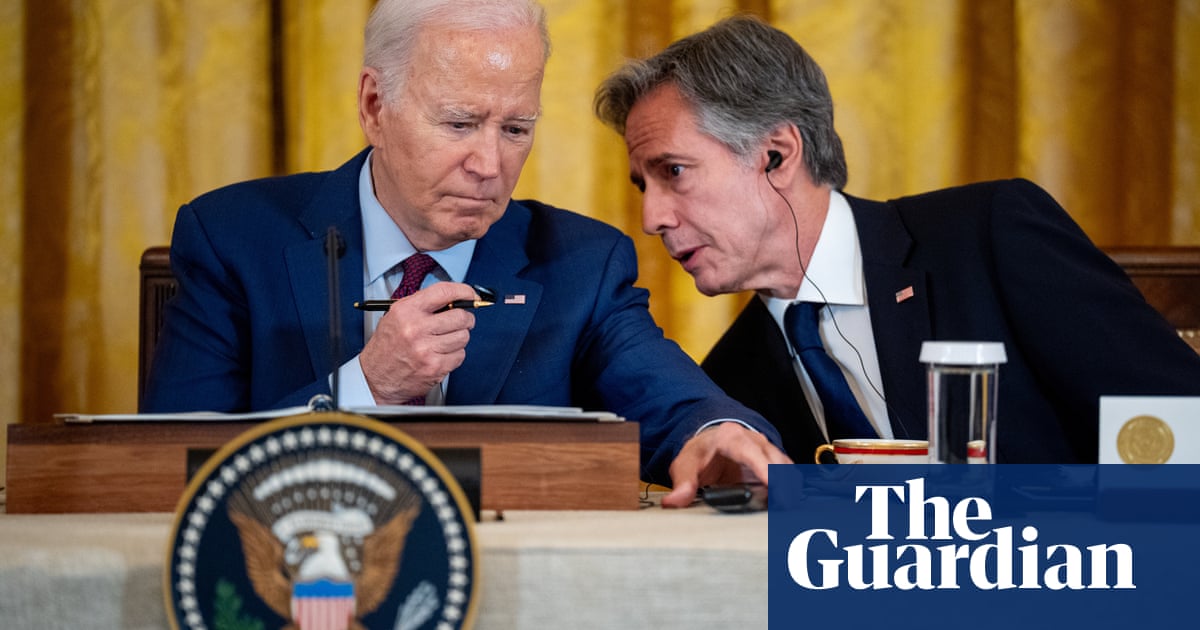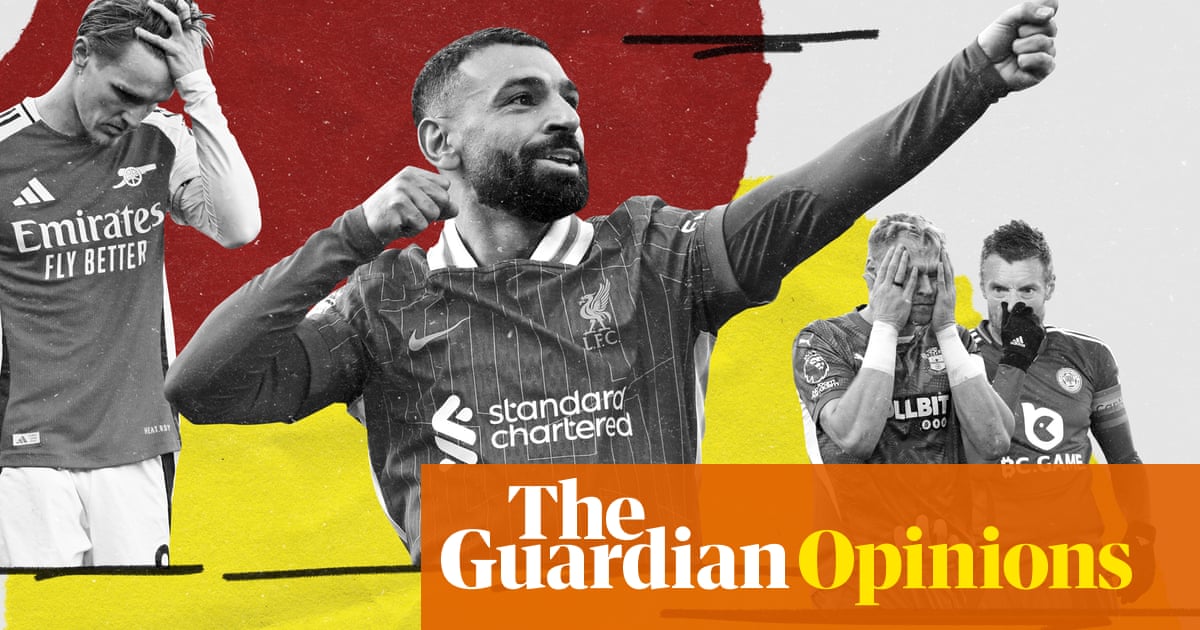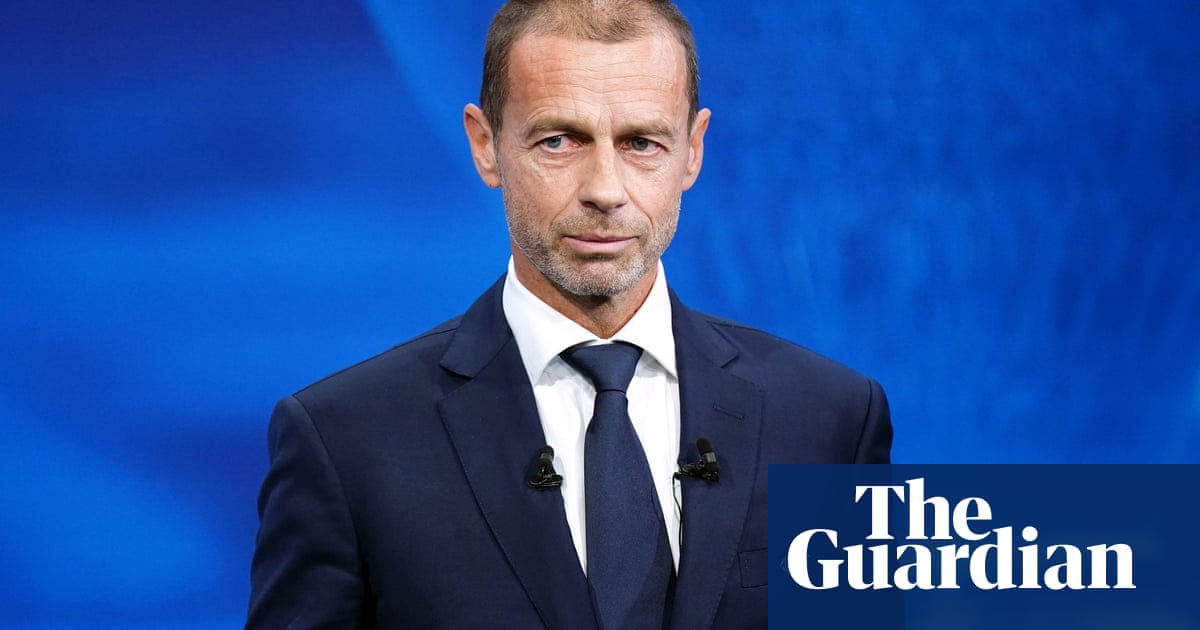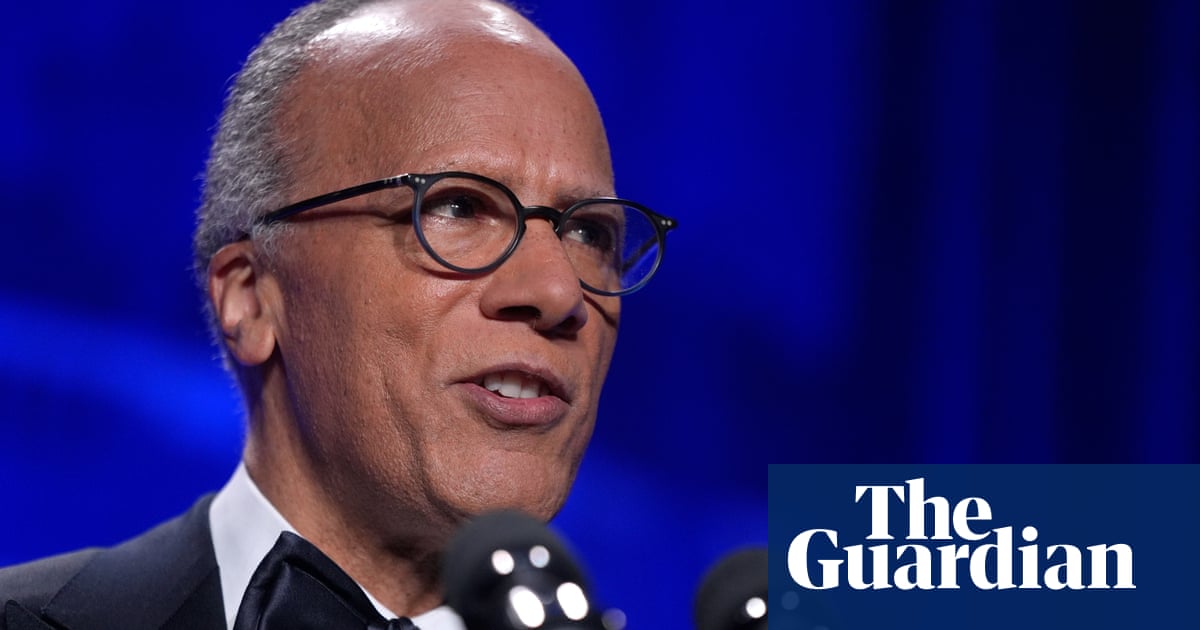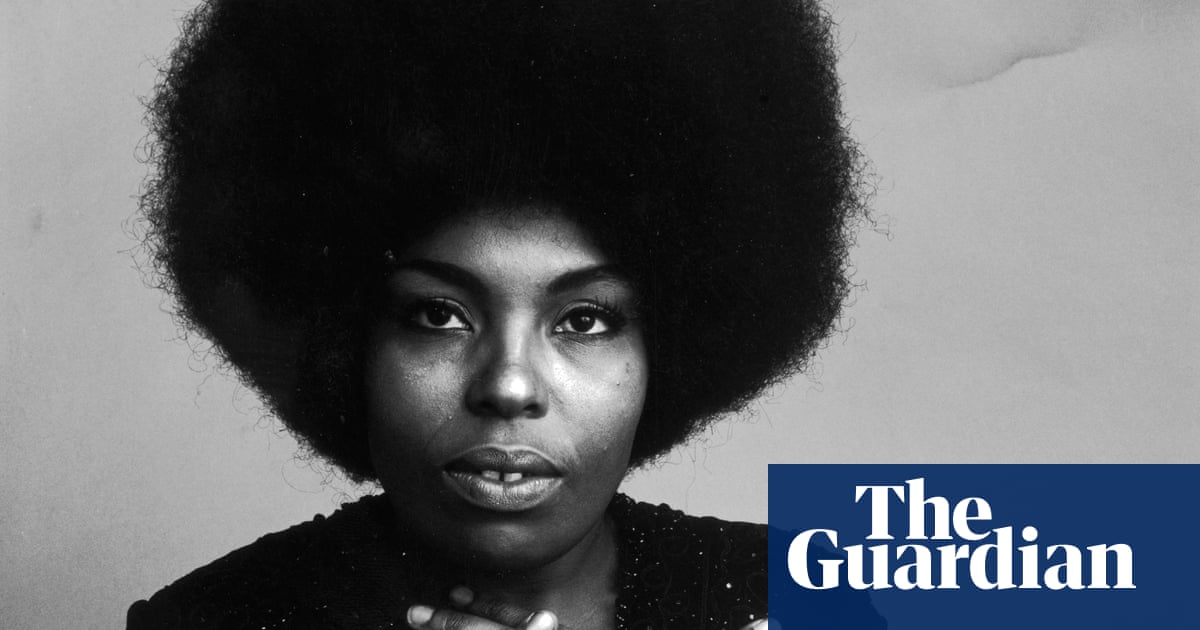Key events Show key events only Please turn on JavaScript to use this feature
FA expected to support Saudi Arabia's bid

Paul MacInnes
The Football Assocation is to expected to support both the Saudi bid for 2034 and the multi-country 2030 offer from Spain, Morocco and Portugal (as well as Argentina, Uruguay and Paraguay). Their position has come under scrutiny ahead of the vote, with the FA not commenting publicly, but they look set to join the mass ‘acclamation’ for the bid when asked later today.
Norway are currently the sole nation to publicly express their decision to go against the vote. On Tuesday the president of the Norwegian Football Federation, Lise Klaveness, said: “Tomorrow’s vote is not about who gets the 2030 and 2034 World Cups – that has already been decided. The congress is primarily about providing feedback on Fifa’s allocation process.”
“The board’s assessment is that the process does not align with the principles of a sound and predictable governance system,” Klaveness continued. “By abstaining from acclamation, we are sending a deliberate signal that we cannot support Fifa’s approach.”
From Mussolini’s World Cup to Qatar, via Argentina’s military junta – the World Cup’s long relationship with what is now called “sportswashing”. While checking this gallery over, I stumbled upon a quite spectacular quote from Jérôme Valcke, then the Fifa general secretary, in 2013. “I will say something which is crazy – but less democracy is sometimes better for organising a World Cup.”
Preamble
The World Cup is heading to Saudi Arabia. This afternoon’s virtual Fifa congress in Zürich will officially confirm the 2034 hosts (and those of the multinational 2030 tournament), but this is a done deal. The speed at which a Saudi World Cup has developed from distant fear to total certainty has been breathtaking, and leaves plenty of difficult questions unanswered. For instance, was the decision to host the 2030 event across six countries on three continents – trumpeted as a tribute to the tournament’s centenary – actually a convenient excuse?
With Argentina, Uruguay and Paraguay (Conmebol), Spain and Portugal (Uefa) and Morocco (Caf) all sharing hosting rights, it left Asia and Oceania as the only choices for 2034. Fifa then opened the bidding process without warning, and while Saudi Arabia had a glossy document ready to go – packed with dystopian visions of glowing extra-terrestrial arenas – other interested parties had 25 days to get their act together. Australia were the only realistic competition, but soon ran out of time.
Other hurdles were breezily overcome, including a Saudi FA-commissioned human rights assessment, labelled a “whitewash [of] the reality of abuse and discrimination faced by Saudi Arabia’s citizens and residents” by one campaign group, and condemned by Amnesty, Human Rights Watch and others. Then there was Fifa’s own report on the Saudi bid, awarding a historically high score of 419.8 out of 500. Both of these assessments failed to tackle the plight of migrant workers, a shadow on the Qatar World Cup that is at risk of being repeated.
Even the most wide-eyed, naive football fans can trace the World Cup’s awkward history as a propaganda tool back to 1934, a century before the Saudi jamboree. Today’s inevitable coronation feels like history repeating, but with the film reel running in ever murkier shades. Will the next 10 years bring much light, clarity or accountability? That feels less certain than ever before.

 2 months ago
36
2 months ago
36



